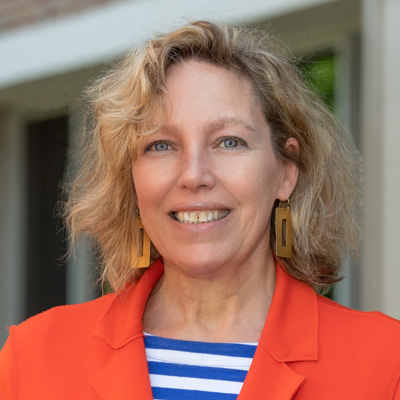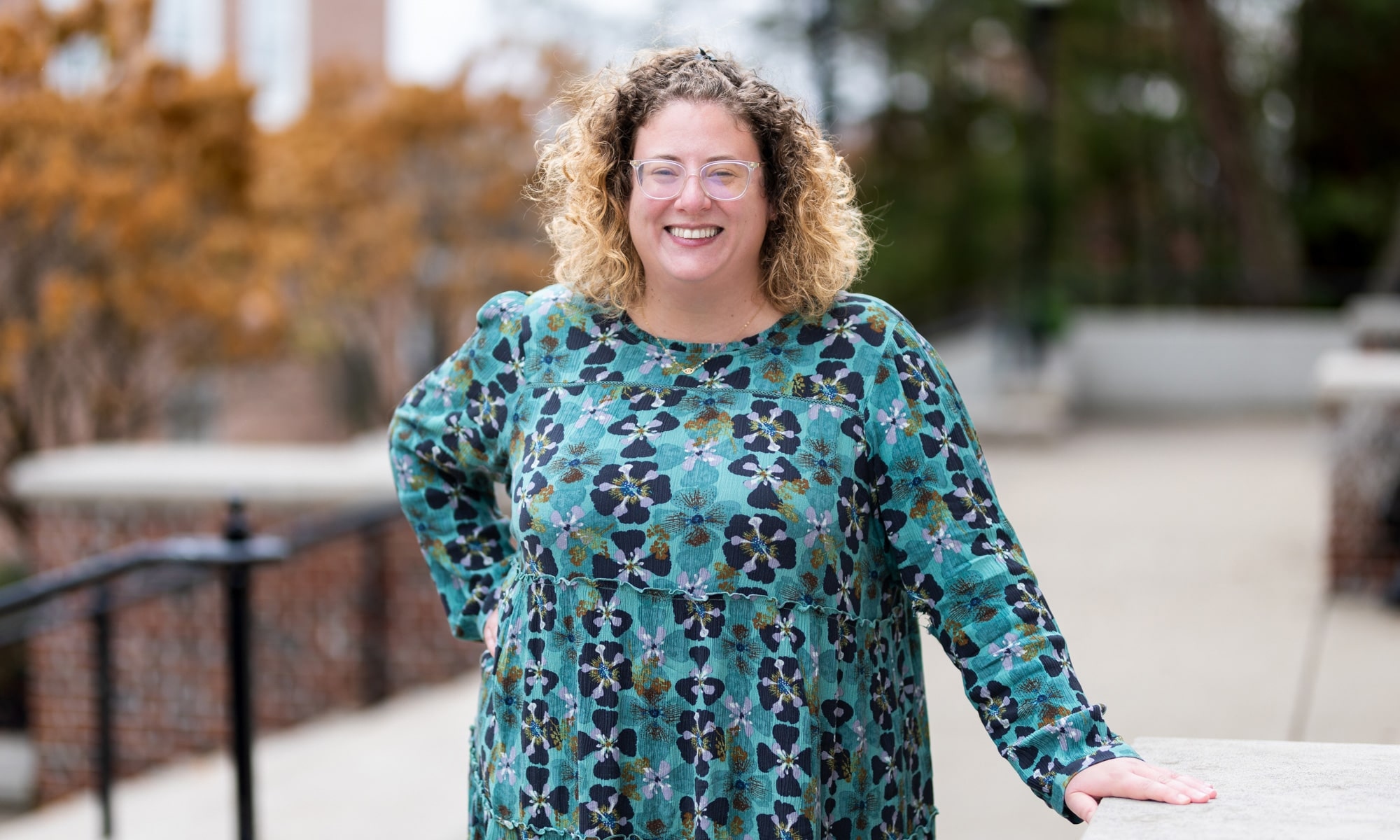While the COVID virus and measures to address it continue to evolve, national experts, including Denison’s Shiri Noy, a sociologist and associate professor, are looking at ways to better respond to the next global pandemic.
Noy is a senior collaborator on a nearly $1 million project funded by the National Science Foundation (NSF) with an ambitious goal: to better prepare the US and the world in the event of another pandemic. Noy is part of a diverse team of economists, mathematicians, psychologists, and sociologists, reflecting the complexity of issues surrounding the challenge.
The research is part of a larger $7.5 million NSF effort to lay the groundwork for models that more accurately predict the spread of infectious diseases. Noy is part of a project led by economists at the University of Wyoming.
“COVID has taught us that our current epidemiological models don’t work consistently,” Noy says. “Our policies didn’t take into account the human response and ran up against issues like compliance and vaccine hesitancy.”
The project’s innovative approach includes two research teams pursuing separate lines of inquiry. One is constructing a highly advanced mathematical pandemic response model, considering a multitude of components. The second, of which Noy is a member, will provide critical input to the mathematical model by compiling and originating data on how people respond to the risk of disease or infection.
“It’s really exciting that the NSF put their trust in this team and that our students will be able to learn about this work as it’s happening.”
Noy is consulting on the project to provide her insight as a sociologist. “Social components are new and constantly changing, and sociology is well-situated to understand how groups and cultures work together and who they trust.”
A lot of factors influence people’s actions and behaviors, including personal health issues and risk tolerances, sources of information, family influence, trust in government, and economic and policy factors.
Noy’s team analyzes data from the US, Norway, and Sweden — three countries with very different cultural systems, pandemic responses, and outcomes. Based on their research, plans are underway to originate relevant new data through surveys and experiments.
Noy’s goal is to build surveys that reveal the motives that determine behavior during a pandemic.
“Can we design a survey with varying vignettes that capture the effects of different levels of uncertainty? Can we uncover how much underlying conditions and peers each influence people’s decisions and behaviors?” she asks.
Noy will explore possible answers and share what she learns with Denison students in her survey methods course.
“It’s really exciting that the NSF put their trust in this team and that our students will be able to learn about this work as it’s happening,” Noy concludes.

